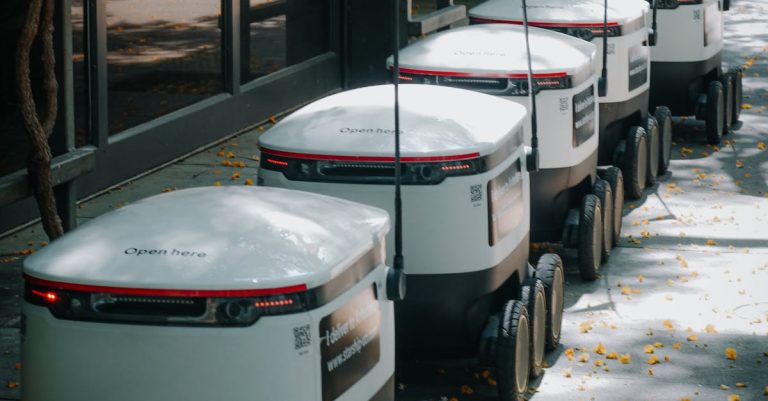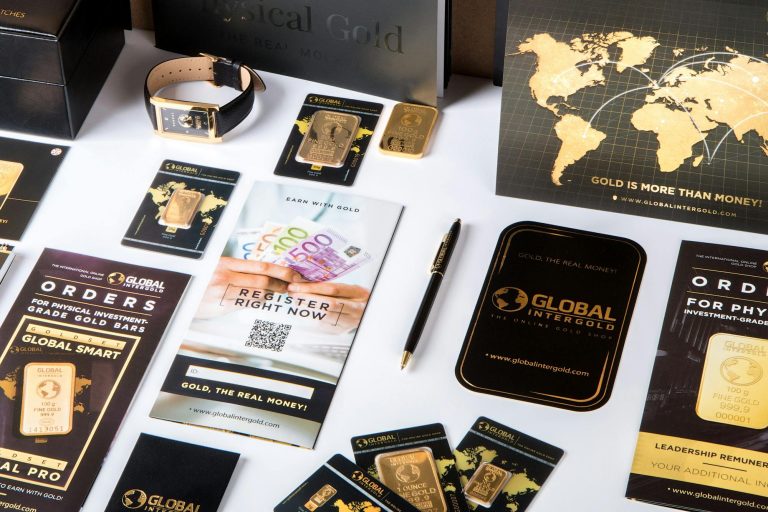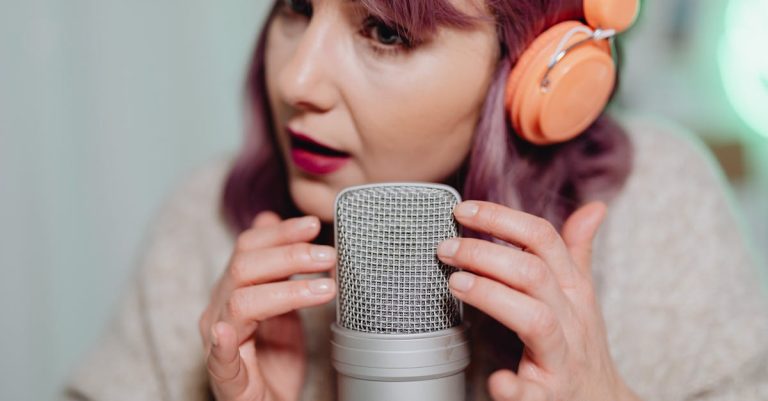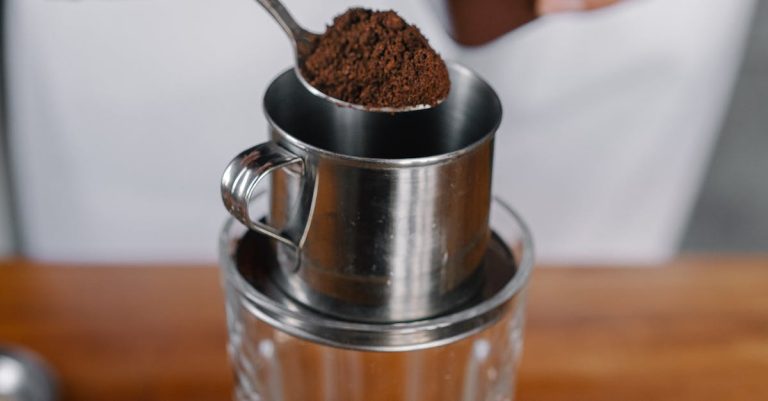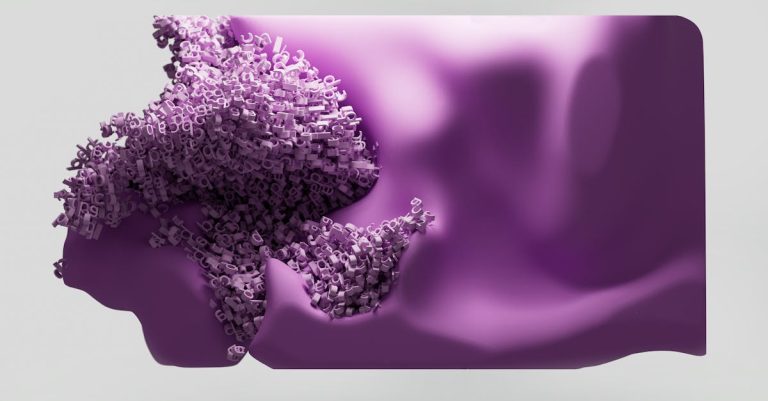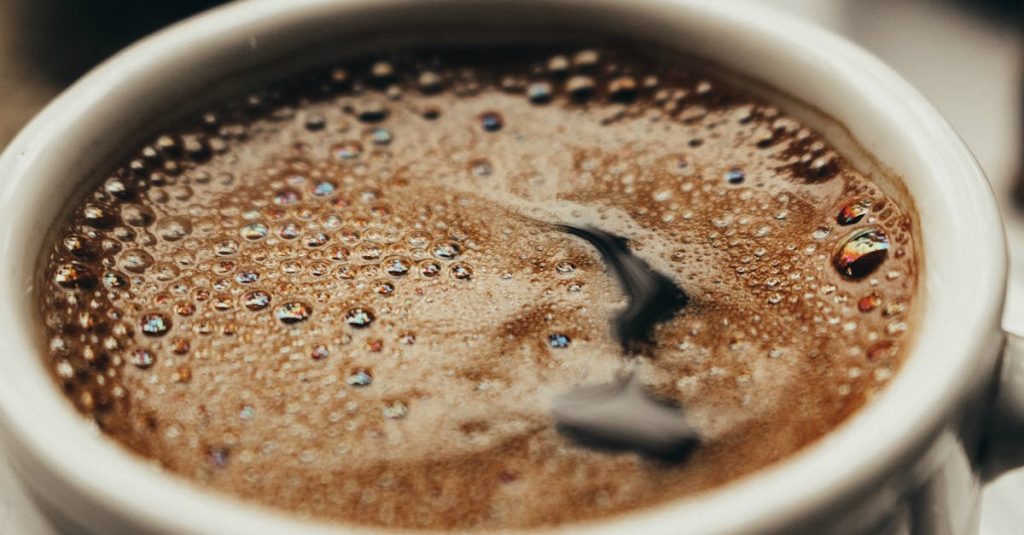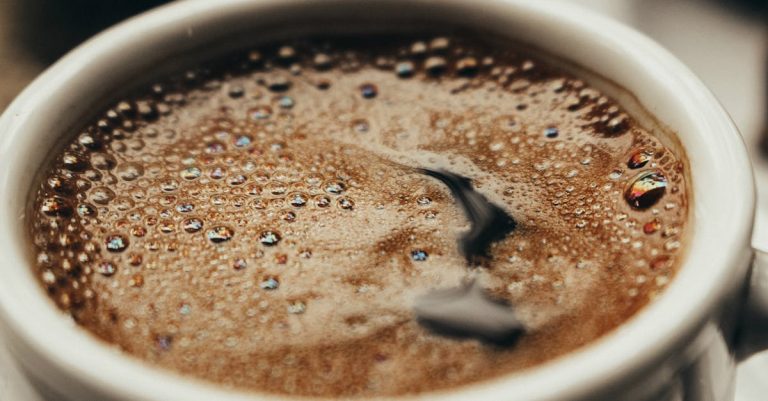Introduction
In a world overflowing with choices, notifications, and consumer culture, it’s easy to feel overwhelmed. Many people are now turning to minimalism—not as a trend, but as a lifestyle that offers clarity, intention, and peace of mind. At its core, minimalism is about living with less to gain more: more freedom, more space, more time, and more focus on what truly matters.
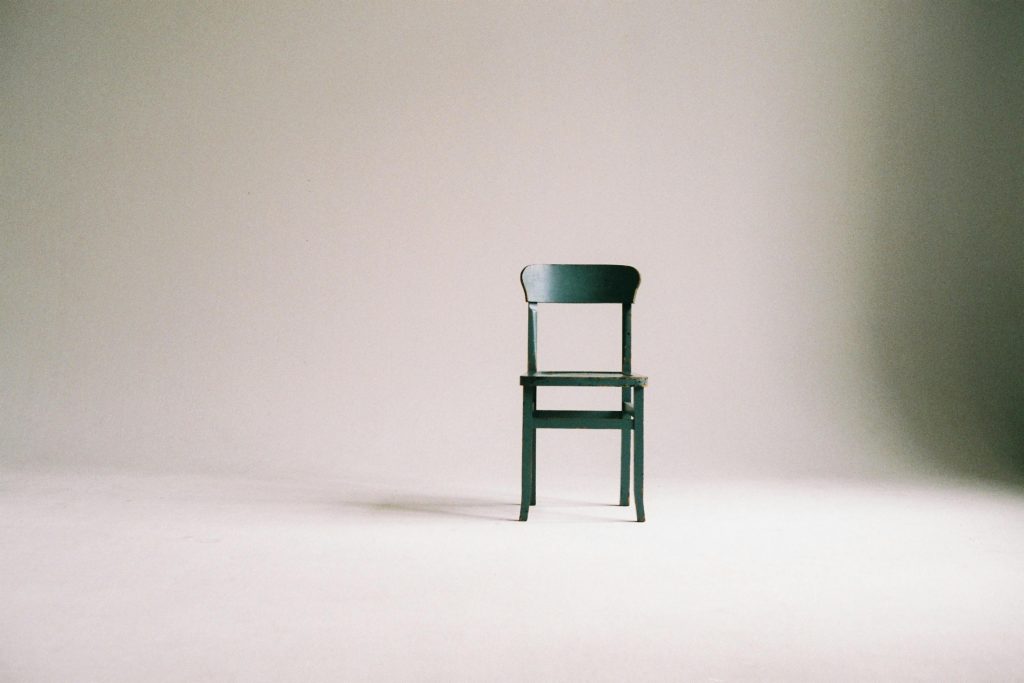
Whether you’re looking to declutter your home, simplify your digital life, or be more mindful in your everyday decisions, this guide will show you how embracing minimalism can enhance your lifestyle in powerful and practical ways.
What Is Minimalism?
Minimalism is a lifestyle choice focused on intentional living. It’s not about deprivation, but about removing the excess so you can focus on what brings value.
Key principles of minimalism:
- Quality over quantity
- Intentional purchases and decisions
- Clutter-free spaces—physically, digitally, and mentally
- Focus on experiences and relationships over possessions
Minimalism can look different for everyone, but the common thread is choosing to live deliberately with less.
The Benefits of a Minimalist Lifestyle
1. Mental Clarity and Reduced Stress
Decluttering your space often declutters your mind. A minimalist environment can help reduce anxiety and decision fatigue.
2. More Time and Energy
Owning less means spending less time cleaning, organising, and maintaining your belongings—freeing up time for what you love.
3. Financial Freedom
Minimalists buy less and buy better, which leads to reduced spending and greater savings.
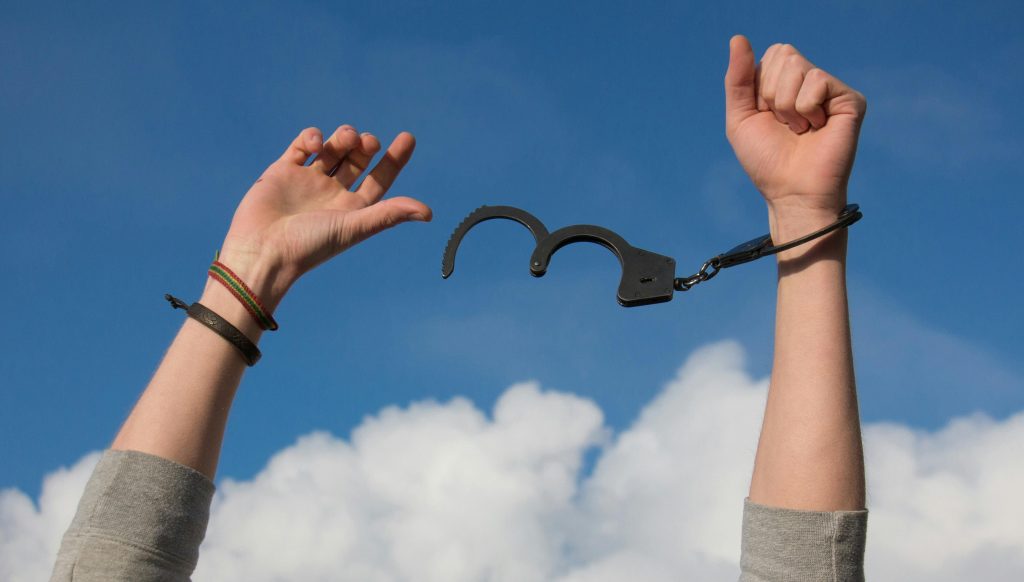
4. Improved Focus and Productivity
A clear, distraction-free space allows you to concentrate better—whether you’re working, studying, or just relaxing.
5. Environmental Impact
Consuming less helps reduce your carbon footprint, waste, and support for unsustainable production practices.
How to Start Living a More Minimalist Life
1. Declutter One Area at a Time
Start small. Tackle one drawer, shelf, or digital folder. Ask:
- Do I use this?
- Does it add value to my life?
- Would I miss it if it were gone?
Donate, sell, or recycle anything that doesn’t serve a clear purpose.
2. Reevaluate Your Purchases
Before you buy something new, pause and ask:
- Do I really need this?
- Will it enhance my life or just take up space?
- Am I buying this to fill a temporary emotional gap?
Over time, you’ll find joy in purchasing less and appreciating what you already have.
3. Digitally Declutter
Minimalism isn’t just about your physical space.
Ways to simplify digitally:
- Unsubscribe from unnecessary email lists
- Delete unused apps and files
- Organise your desktop and cloud storage
- Limit social media use with intentional time blocks
4. Create a Capsule Wardrobe
Minimise decision-making and maximise style by curating a limited wardrobe of versatile, high-quality pieces that you love and wear often.
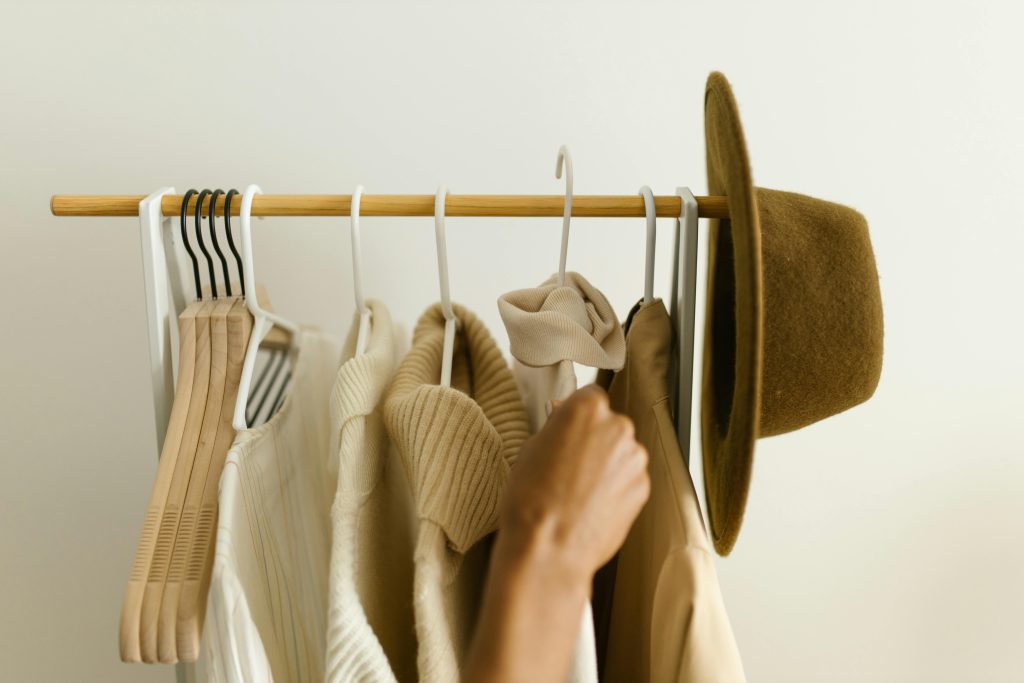
Example: 30–40 items including tops, bottoms, outerwear, and shoes that can mix and match seamlessly.
5. Practice Mindful Consumption
Minimalism thrives on intentional living.
Ways to consume more mindfully:
- Cook meals from scratch
- Borrow instead of buy
- Support ethical brands
- Choose reusable over disposable products
Minimalism at Home, Work, and Beyond
| Area | Minimalist Approach |
|---|---|
| Home | Simplify decor, reduce duplicates, create open space |
| Work | Clear your desk, streamline your to-do list, prioritise tasks |
| Finances | Track spending, cut non-essential subscriptions, save intentionally |
| Calendar | Say no to time-wasting commitments, build in white space for rest |
Common Myths About Minimalism
| Myth | Reality |
|---|---|
| “Minimalism is about living with almost nothing.” | It’s about living with only what adds value. |
| “You can’t own nice things.” | Minimalists value quality over quantity. |
| “It’s only for single people or travellers.” | Minimalism can be adapted for families, homes, and all lifestyles. |
| “You have to throw everything away.” | Minimalism is about conscious editing, not extreme purging. |
Real-Life Example: The Power of Less
Name: Sam, a creative professional in Melbourne
Challenge: Overwhelmed by clutter, productivity struggles, and mounting subscription costs

Steps Taken:
- Decluttered wardrobe and sold unused items online
- Cancelled 5 unused streaming and service subscriptions
- Set up a minimalist home office with only essential tools
- Used Notion to simplify digital life and goals
Result: Felt lighter, more focused, and saved $1,200 in a year—all while feeling more in control of daily life.
Conclusion
Minimalism is not about having less for the sake of it—it’s about making space for more of what matters. From clearer thinking to financial freedom and a deeper sense of peace, the benefits of a minimalist lifestyle go far beyond decluttering.
Start small, go at your own pace, and tailor your journey to what works for you. As you let go of the excess, you’ll gain clarity, calm, and a renewed appreciation for the simple things.


